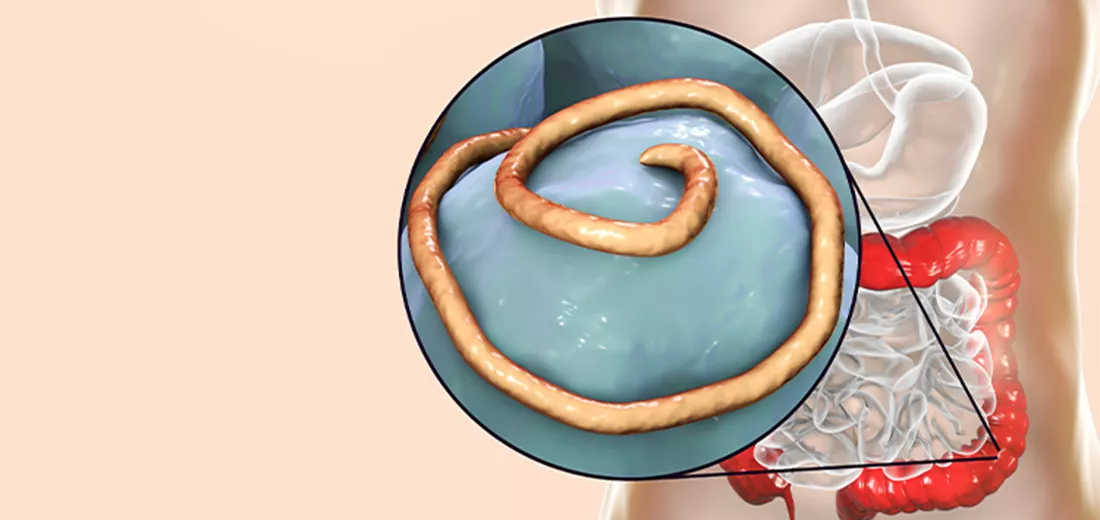The National Deworming Day on February 10, 2020, is an initiative of the Ministry of Health and Family Welfare, Government of India to make every child in the country worm free. This is one of the largest public health programs reaching a large number of children during a short period.
More than 836 million children are at risk of parasitic worm infections worldwide. According to the World Health Organization, 241 million children between the ages of 1 and 14 years are at risk of parasitic intestinal worms in India, also known as Soil-Transmitted Helminths (STH).
About STH(Soil-Transmitted Helminths):
Helminths (worms) which are transmitted through soil contaminated with faecal matter are called soil-transmitted helminths (Intestinal parasitic worms). Roundworm (Ascaris lumbricoides), whipworm (Trichuris trichiura) and hookworms (Necator americanus and Ancylostoma duodenale) are worms that infect people.
STH(Soil-Transmitted Helminths)
- Adult worms live in human intestines for food and survival and produce thousands of eggs each day.
- Eggs are passed in the faeces of an infected person.
- Infected people who defecate outdoors spread worm eggs in the soil.
Eggs contaminate the soil and spread infection in several ways:-
- Ingested through vegetables that are not carefully cooked, washed or peeled;
- Ingested from contaminated water sources;
- Ingested by children who play in soil and then put their hands in their mouths without washing them.
STH(Soil-Transmitted Helminths) infections can lead to anaemia, malnutrition, impaired mental and physical & cognitive development, and reduced school participation.
STH( Soil-Transmitted Helminths )Infections can be prevented by:
- Using sanitary toilets, not defecating outside
- Hand-washing, particularly before eating and after using toilets
- Wearing slippers and shoes
- Washing fruits and vegetables in safe and clean water
- Eating properly cooked food
The objective of National Deworming Day:
The objective of National Deworming Day is to deworm all preschool and school-age children (enrolled and non-enrolled) between the ages of 1-19 years through the platform of schools and Anganwadi Centers in order to improve their overall health, nutritional status, access to education and quality of life.
Assuming that all kids have worms in their intestine, a dose of the deworming medicine called Albendazole is given to all kids above 1 year of age on that day. No child below 6 years of age, and no child who has not taken tablets before should be asked to swallow tablets, it can become a serious choking hazard. Powder the tablet and give it to the child. If it's an older child, ask him/her to chew it. It's a Great Initiative! Please go ahead, but ensure the tablet doesn't become a choking hazard.





